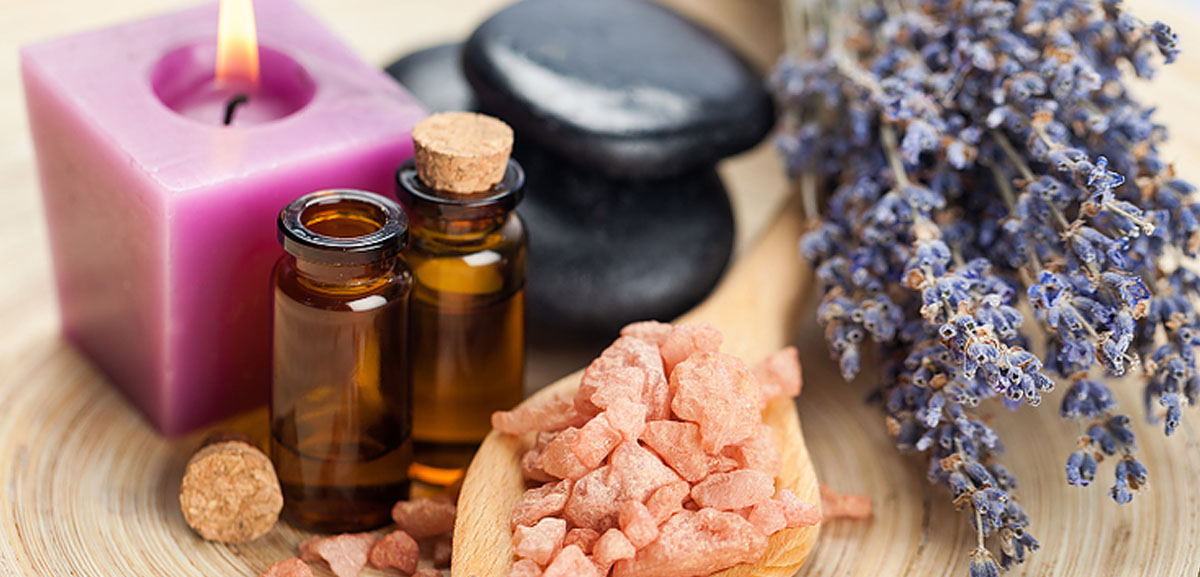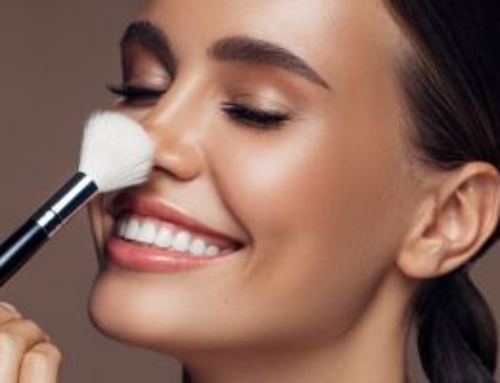Aromatherapy and essential oils have long been touted for their many different medicinal and therapeutic properties. In today’s busy, fast-paced world, aromatherapy has become a popular tool to help reduce stress and anxiety — two problems that, when chronic and left unmanaged, can wreak havoc on your body, health, and skin. More research is being done to study the effects of various scents and oils on mental health, and so far, there is promising evidence that aromatherapy can effectively reduce stress and anxiety.
How Stress Affects Your Skin
Chronic, persistent stress negatively affects your skin and entire body because it triggers your brain to release stress hormones like cortisol. Cortisol performs many different functions throughout your body, including binding to receptors that stimulate your body’s inflammatory response system. Cortisol also raises the glucose (sugar) levels in your bloodstream. When under acute, or short-term stress, these effects can beneficial to help you in a “fight or flight” situation. Over a long period of time, however, inflammation and excess sugar can cause acne, wrinkles, and rosacea flare-ups, as well as health problems like obesity, diabetes, and heart disease.
Which Scents Are the Best for Stress?
Research has shown that stress reduction could make your skin clearer, especially if you suffer from inflammatory skin conditions like acne, eczema, or rosacea. One way to reduce stress and anxiety is by using aromatherapy to help your body relax. In a 2011 study, we monitored a group of 30 people who had never had BOTOX® injections before. Half of the group was randomly chosen to be exposed to lavender essential oil prior to treatment, and the other half was treated with a placebo. While the perception of pain remained the same in both groups, the lavender oil patients had a significantly lower heart rate after injections than the placebo group, demonstrating that lavender oil can help to ease stress and anxiety.
Passion flower essential oil has also been used as natural anti-anxiety remedy by many different cultures, although more research is needed to determine its potential stress-relieving benefits.
Other essential oils that may help with stress and anxiety include:
-
Lemon balm
-
Chamomile
-
Bergamot
-
Ylang Ylang
How Do You Use Essential Oils for Stress?
You can apply essential oils topically to your skin in various locations, known as “trigger points,” or you can use them in an oil diffuser to fill the air in your home or office with the scents. To apply topically, dab a small amount of the oil on your wrists, neck, temples, or beneath your nose. Some people like to add a few drops of essential oils to the shower or bath, but keep in mind that some essential oils may irritate sensitive skin. If this is the case for you, use a diffuser instead of applying the oils directly to your skin.
In Summary
Aromatherapy can be a useful tool to alleviate stress and anxiety that could otherwise cause a number of skin and health problems. Other lifestyle changes such as healthy eating, regular exercise, and getting enough sleep can also have a profound impact on stress, your complexion, and your overall well-being.
For more skin care science and advice from our dermatologists, follow Baumann Cosmetic Dermatology on Facebook, Instagram, and YouTube. You can also sign up for our newsletter by visiting www.derm.net or sending an email to info@derm.net.
©2019 MetaBeauty, Inc.





